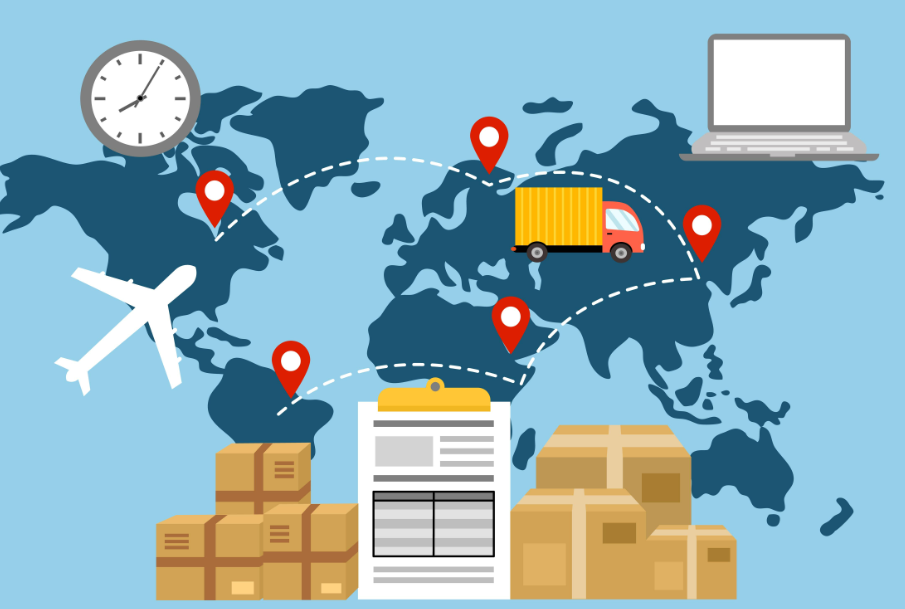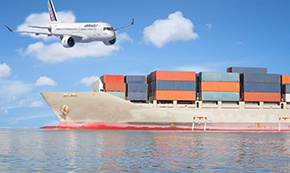All categories >
Will the United States impose a 60%? 100%? tariff? (The implementation time may be faster than expected)
Categories:
News
News Center
Time of issue:
2025-01-17 12:26
Views:
Customs brokers have issued a warning indicating that U.S. importers, suppliers, and logistics providers may face an urgent response to the new government's upcoming additional tariffs.
Adam Lewis, president of Clearit Customs Brokers, stated that President-elect Donald Trump's determination to impose tariffs on imported goods seems very firm, and the implementation of these tariffs may happen faster than expected. He warned, "The timeline for implementation could be as tight as just a few weeks."
Previously, Adam Lewis believed that the threat of tariffs was mainly a means to force trade partners to negotiate, and that the implementation of tariffs would take months. However, the meeting of the National Customs Brokers and Forwarders Association of America (NCBFAA) on January 7 changed his perspective.
The NCBFAA cited sources within the new government stating that the threat of tariffs is not a bluff. It is reported that the new government plans to impose tariffs of 10% to 20% on almost all imported goods, up to 60% on goods imported from China, and 100% on goods from any country that abandons the dollar as a reserve currency.

Adam Lewis added, "What we are facing now is a comprehensive 'nuclear option.'" He indicated that Trump may use special legislation to expedite the implementation of tariffs. The NCBFAA meeting mentioned the International Emergency Economic Powers Act, which can bypass the lengthy congressional negotiation process, allowing tariffs to be implemented quickly.
The International Emergency Economic Powers Act was enacted in 1977, authorizing the U.S. president to intervene in international commerce after declaring a national emergency to address any unusual and extraordinary threat to the United States, with such threat originating in whole or in part from outside the United States. This act was first used by the Carter administration during the Iran hostage crisis.
Similarly, Brandon Fried, executive chairman of the Airforwarders Association (AfA), expressed similar concerns. He pointed out that the incoming president already has a protectionist agenda during his first term in the White House.
Brandon Fried said, "I think his comments about tariffs must be taken seriously. There is reason to expect that he will take similar actions, especially against China and trade partners with whom he has disagreements." He added, "We agree with the NCBFAA's perspective and advise our members to take these commitments seriously and be well-prepared."
To this end, the Airforwarders Association (AfA) urged its members to discuss supply chain strategies and refund issues with their clients, ensuring they have the correct product definitions. At the same time, Brandon Fried also pointed out that manufacturers must pay attention. He said, "Manufacturers should take action and review their supply chains, identify the sources of goods, and be prepared with alternatives. Additionally, the classification of goods should also be reviewed."
Although the Airforwarders Association (AfA) opposes tariffs because they typically increase costs and may provoke retaliatory actions that further hinder trade, Brandon Fried stated, "It's like a speeding train; it's not easy to avoid."
Keywords:










